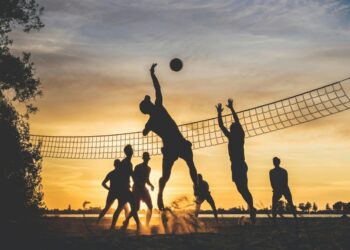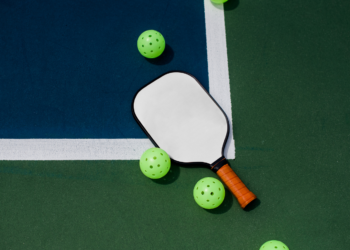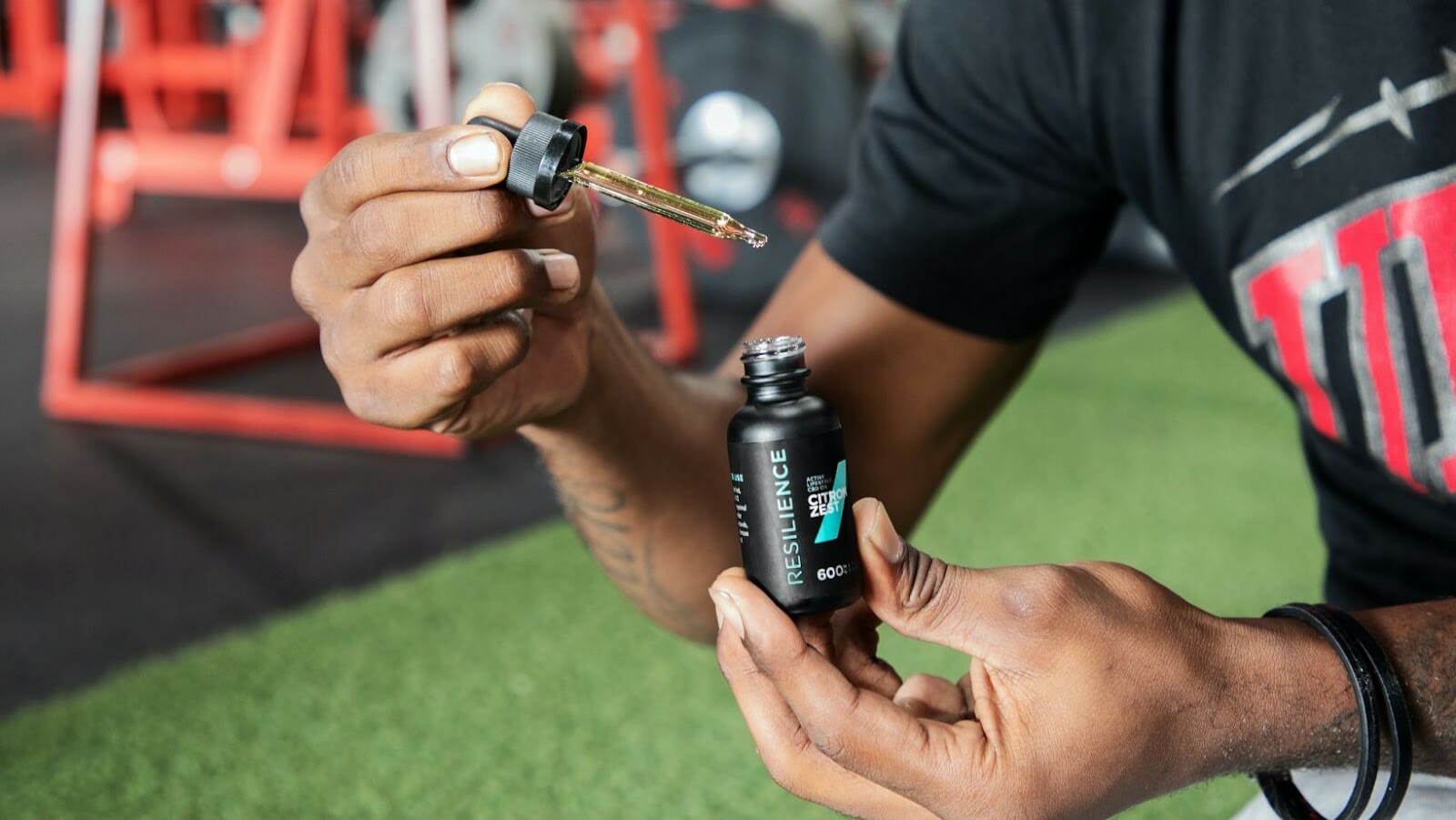
The debate surrounding whether or not professional athletes should be allowed to use CBD is one that has been ongoing for some time.
On one side of the argument are those who feel that CBD provides a natural and effective way to improve recovery time and reduce inflammation, while on the other side are those who worry about the potential long-term effects of CBD use.
So, what is the verdict? At this point, there is not enough scientific evidence to definitively say whether or not CBD is safe for professional athletes to use.
However, many experts feel that CBD oil could be beneficial for athletes, as it has shown promise in reducing inflammation and pain. Additionally, some studies have suggested that CBD oil may help to improve recovery time after strenuous exercise.
13 Things You Should Know About CBD:
1. CBD is a Non-Psychoactive Compound Found in Cannabis Plants
So, it will not make you “high.”
2. CBD Has Been Shown to Reduce Inflammation and Pain
The anti-inflammatory and pain-relieving properties of CBD could be beneficial for athletes.
3. CBD May Help to Improve Recovery Time
Some studies have suggested that CBD may help reduce muscle soreness and improve recovery time after strenuous exercise.
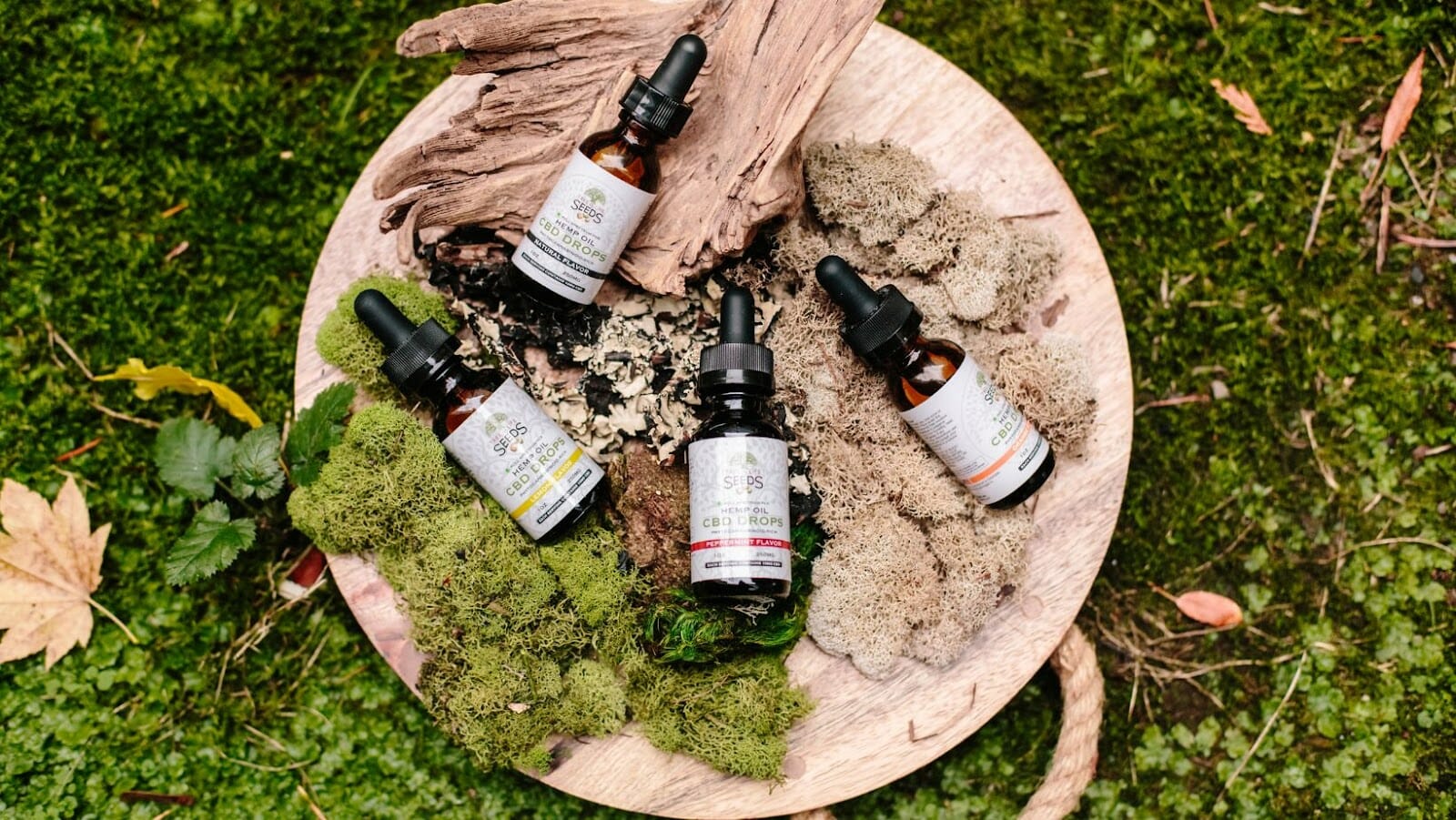
4. CBD is Legal in Many Countries
CBD is legal in the United States, Canada, and most European countries.
5. There is a Lack of Long-Term Studies on the Effects of CBD
Because CBD is a relatively new compound, there is a lack of long-term studies on its effects. So, it is important to be cautious when using CBD, especially if you are a professional athlete. Try out TakeSpruce, natural CBD products that give relief – empowering you to live life fully.
6. CBD Products Should Be Third-Party Tested
Make sure to only purchase CBD products that have been third-party tested for quality and purity. The last thing you want is to end up taking a product that contains impurities or other harmful substances.
7. Start With a Low Dose and Increase Gradually
If you are thinking about trying CBD, it is important to start with a low dose and increase gradually as needed. This will help you to gauge how your body reacts to the compound.
8. CBD is Generally Considered Safe
Overall, CBD is considered to be safe, with a few potential side effects such as dry mouth, drowsiness, and upset stomach. However, more research is needed to definitively say whether or not CBD is safe for long-term use.
9. CBD is not for Everyone
Before taking CBD, it is important to speak with a doctor or healthcare provider to make sure that it is right for you. Everyone’s body reacts differently to CBD, so it is important to know if there are any potential risks involved.
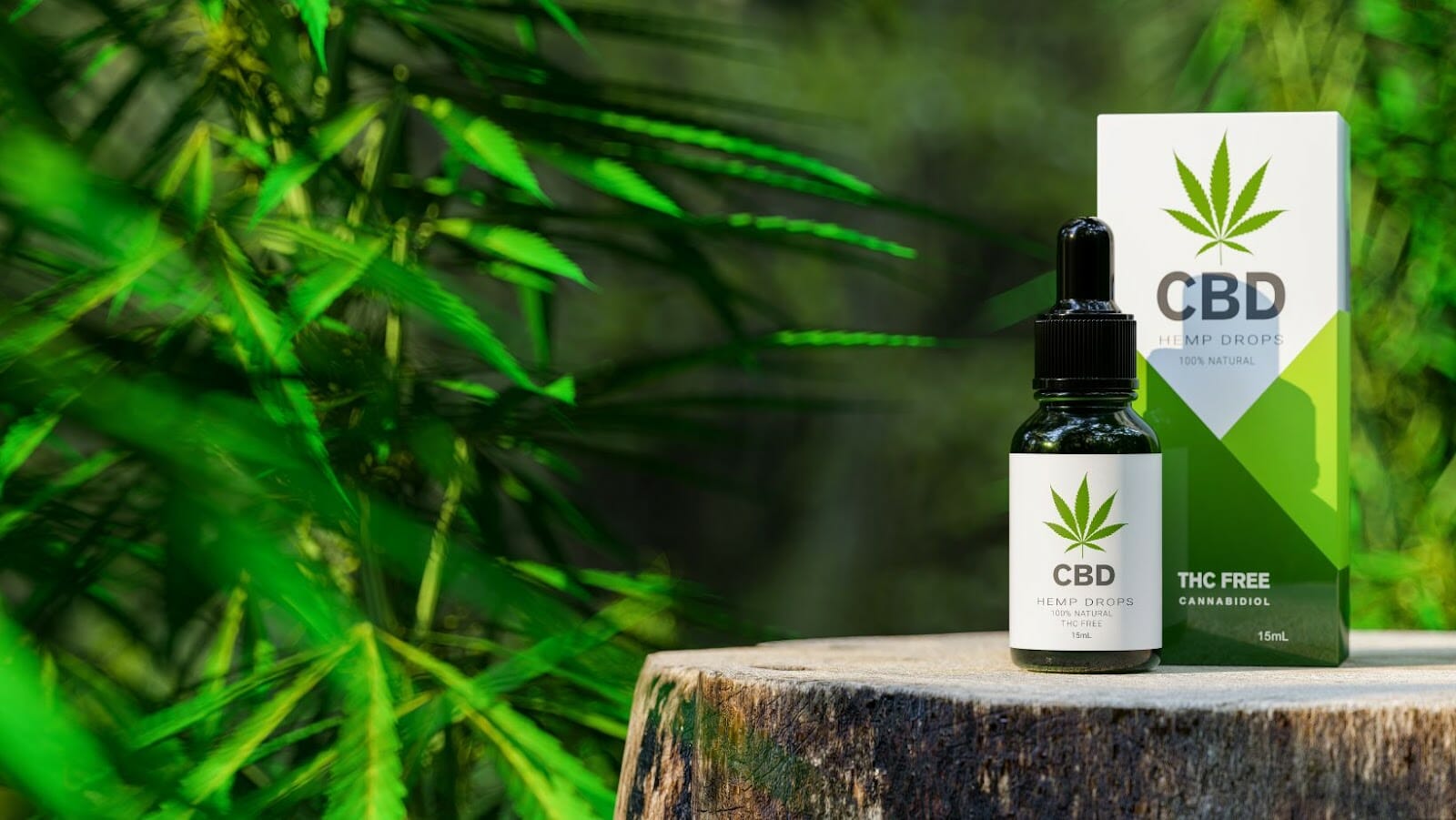
10. Athletes Should Consult With Their Doctors Before Using CBD
Due to the lack of long-term studies, professional athletes should consult with their doctors before using CBD. This is especially important if you are taking any medications, as CBD could potentially interact with them.
11. The Exercise-Recovery Connection
CBD may help to improve exercise recovery by reducing muscle soreness and inflammation. Additionally, some studies suggest that CBD could help to improve sleep quality, which is important for recovery.
12. CBD is Just One Piece of the Puzzle
While CBD may have some potential benefits for athletes, it is important to remember that it is just one piece of the puzzle. A well-rounded approach to fitness and health is always best. This includes a healthy diet, adequate sleep, and regular exercise.
13. CBD is not a “Cure-All”
It is important to remember that CBD is not a “cure-all” solution. It may help to improve some aspects of health, but it is not a magic bullet. If you are looking for a quick fix, you will likely be disappointed.
As more research is conducted on CBD, we may have a better understanding of its potential benefits and risks. For now, it is up to each individual athlete to decide whether or not they want to try using CBD. If you do decide to give it a try, make sure to purchase high-quality products from a reputable source and start with a low dose to see how your body reacts.





